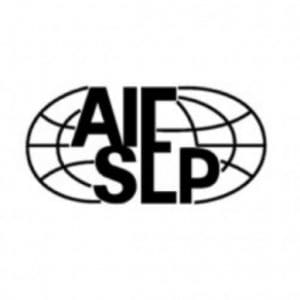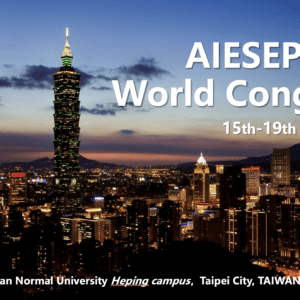For educators supporting coaches and physical education (PE) teachers’ ongoing professional development, the capacity to ‘reach’ practitioners in meaningful and sustainable ways continues to be challenging, particularly in terms of content and learning design. In a learning age characterised by increased connectivity and networking opportunities, learners and organisations are presented with multiple ways in which to access, create, use, and disseminate knowledge.
Massive Open Online Courses (MOOCs) are a case in point. Promoted as a format in which individuals can access the latest evidence-based practices and learn in cost- and time-efficient ways, MOOCs have been promoted as an effective method in which to engage practitioners in continuous professional development (CPD) activities. But in the rush to be innovative and creative (in 2012, 1200 MOOCs were offered globally; in 2017, 9400 courses), are online technologies, such as MOOCs, just old snake oil in new bottles? Are MOOCs the panacea to professional development, or one element of a configuration in supporting practitioner learning? Or are MOOCs simply another trend or fad that will eventually dissipate?
These questions shaped our early discussions about the potential impact of MOOCs. In 2016/2017 my colleague Vicky Goodyear and I, at the University of Birmingham (UK), constructed the first MOOCs for PE teachers and sport coaches. We were experienced educators in the traditional contexts of classroom and face-to-face interactions, but were challenged to apply our experiences in an e-learning context. Initial planning was therefore focused on how might we design a personalised learning experience for participants, particularly on a learning platform based on mass scale? Moreover, how would we make content relevant in an applied context? Would coaches and teachers find content delivered online authentic to the realities of their practice?
Titled – ‘Outstanding Physical Education Lessons’, and ‘Youth Football Coaching: Developing Creative Players’, and hosted by the Future Learn platform, the two MOOCs attracted over 11,500 participants from 155 countries. Drawing on contemporary learning approaches, design features included: use of short videos to introduce a topic area, study groups to engage in small-group reflections, polls and quizzes to facilitate engagement, directed reading building on topics introduced, and personalised learning, encouraging participants to apply content to their practice context (e.g. school, sports club). While we certainly underestimated the time it would take to construct, design and populate a 3-week MOOC, the platform did allow us to reach a large number of learners, beyond the possibilities of traditional professional development arrangements.
As we reflected on MOOCs as an effective form of continuous professional development (CPD), our experiences suggest design can address the features of effective CPD that are identified in the literature, principally in the areas of relevance, social interaction, and critical reflection. When delivered as part of a wider offering of professional development resources and opportunities, learning can be more mobile, accessible and personalised. Indeed, MOOCs have now become part of a menu of free resources that we offer through an evidence –based website for teachers and coaches (open.net)
MOOCs, as a term, may well disappear in the future, but the key point is that MOOCs have opened up new conversations about professional development in a digital and connected landscape. For designers and educators in professional development, social and digital technologies offer multiple platforms from which to address reach, scale, cost effective forms of teaching, boost recruitment, and income generation.
Moving beyond more snake oil, and given clear limitations of practitioners’ access to ‘traditional’ CPD, our experiences of MOOCs are that they have the potential to be an effective strategy in the context of CPD, but there is certainly a need to develop more robust digital pedagogies that acknowledge learning within the social networks of new digital media.


